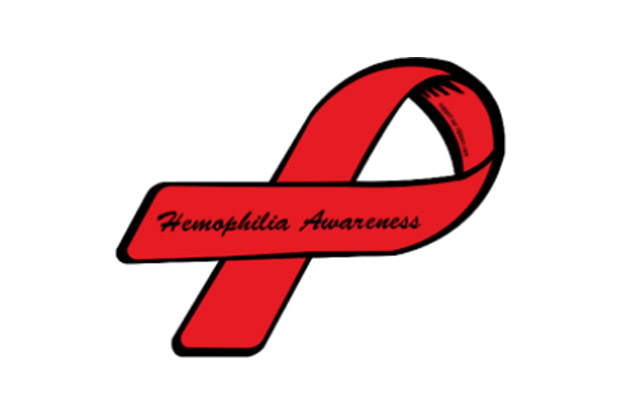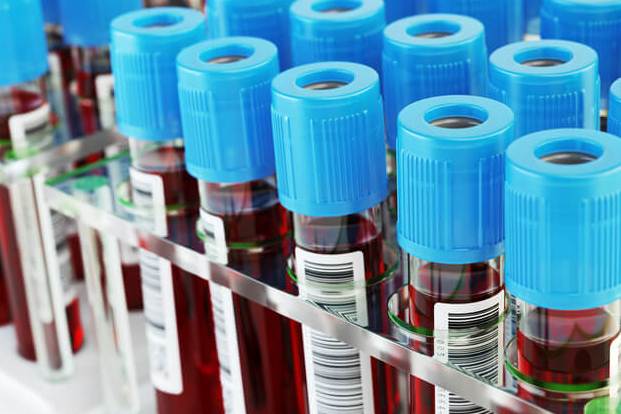Haemophilia
Apr 19, 2022
In general haemophilia describes an inherited blood disorder in which there is a life long defect in the clotting mechanism of the blood which results in bleeding. It is caused when blood does not have enough clotting factor. A clotting factor is a protein in the blood that controls bleeding. Haemophilia is a genetic blood disorder, in which the gene is passed down from a parent to a child.
Haemophilia: A Genetic Game
Haemophilia is X linked chromosome disorder; and is more likely to occur in males than females. This is because females have two X chromosomes while males have only one, so the defective gene will surely manifest in any male who has it. Females have two X chromosomes and haemophilia is rare in females as the chance of a female having two defective copies of the gene is very less, so females are almost always asymptomatic carriers of the disorder. As Haemophilia is an inherited condition it occurs in families but in one third of the cases there is no previous history of the disorder. Men with haemophilia will pass the altered gene on to their daughters but not their sons. Women who carry the altered gene can pass it on to their sons and daughters.

Types of Haemophilia:
Haemophilia A is caused due to reduced levels of factor VIII (Classical Haemophilia). This is the most common form. Haemophilia B is caused due to reduced levels of factor IX- Christmas Disease.
Aspects associated with Haemophilia:
Bleeding is most commonly internal. The low levels of clotting factor produce a wide range of bleeding episodes, usually into the joints or muscles. These bleeding episodes may occur spontaneously, without an obvious cause or as a result of injury. If internal bleeding occurs it will result in pain and swelling. Over a period of time bleeding into joints and muscles can cause permanent damage such as arthritis, chronic pain and joint damage. Life expectancy varies with severity and adequate treatment. People with severe haemophilia who don’t receive adequate treatment have greatly shortened lifespan and often do not reach maturity.
There is no cure for haemophilia. It can be controlled with regular infusions of the deficient clotting factors e.g. Factor VIII in Haemophilia A.




